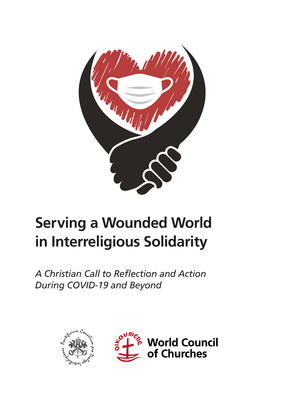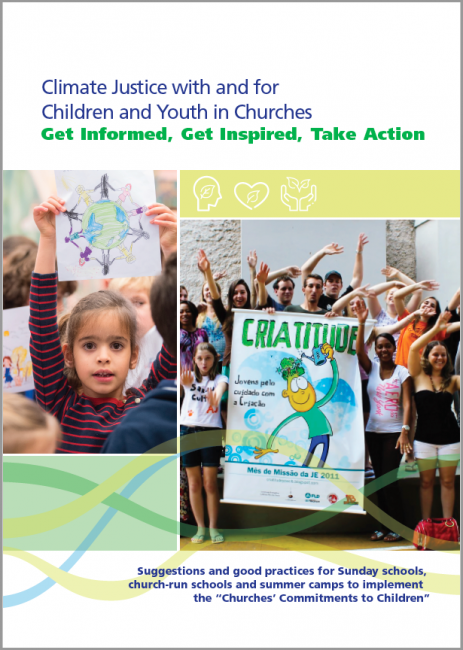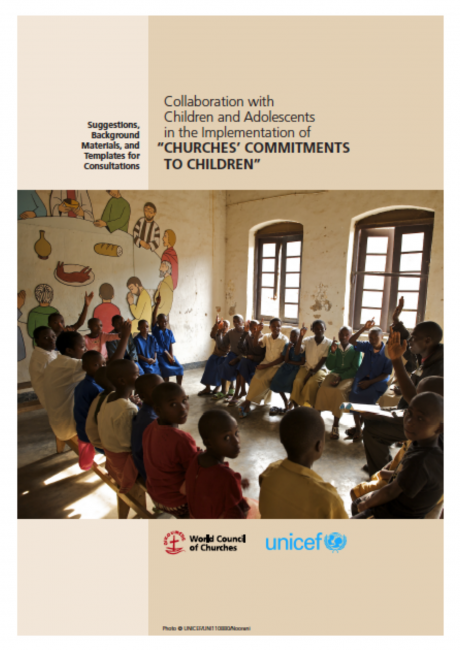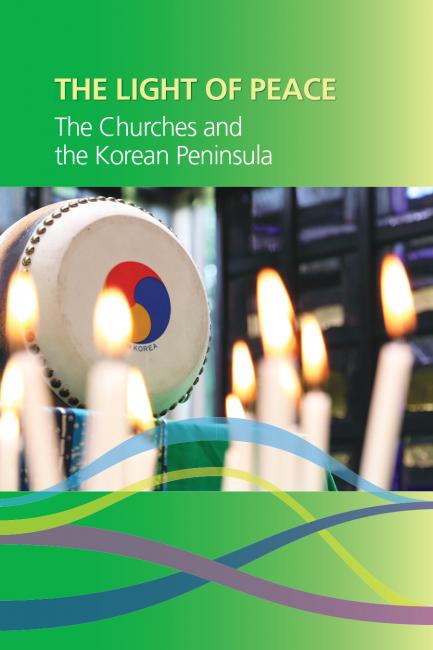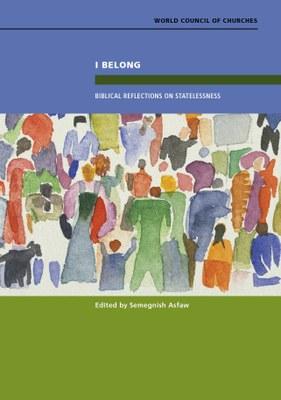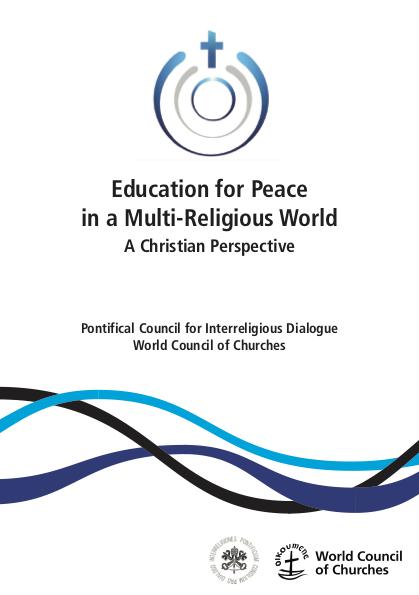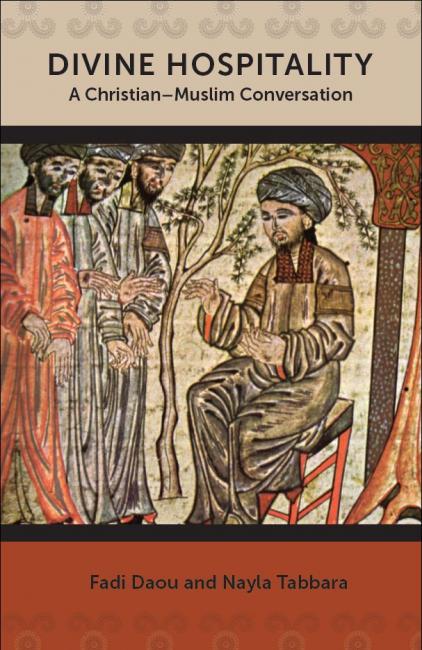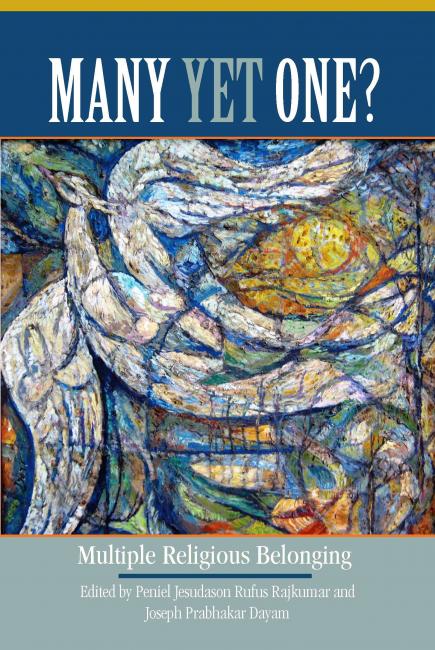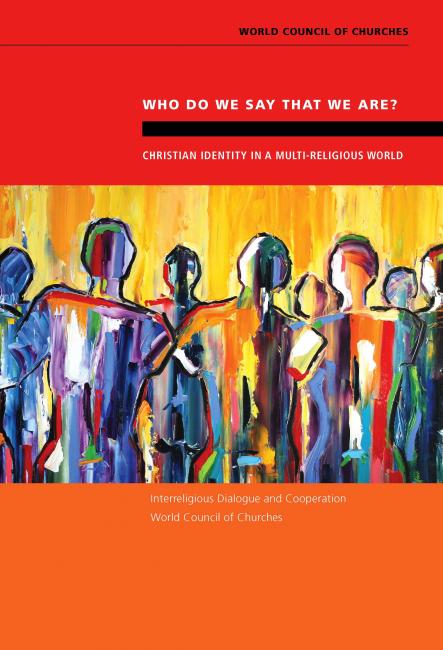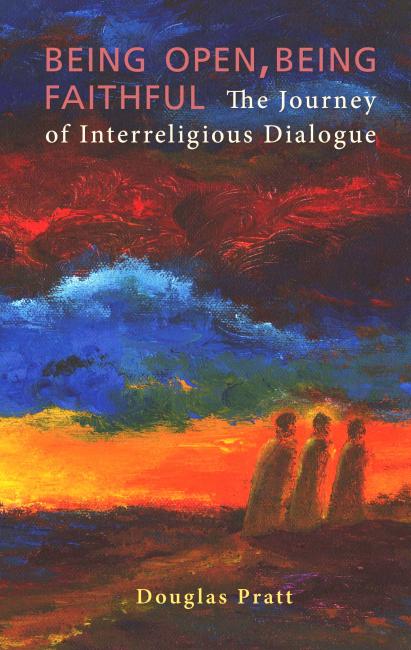Displaying 241 - 254 of 254
A Christian Call to Reflection and Action During COVID-19 and Beyond
25 October 2020
Climate Justice with and for Children and Youth in Churches
Get Informed, Get Inspired, Take Action
25 October 2020
Collaboration with Children and Adolescents in the Implementation of “Churches’ Commitments to Children"
Suggestions, Background Materials, and Templates for Consultations
25 October 2020
I Belong: Biblical Reflections on Statelessness
Biblical Reflections on Statelessness
12 October 2020
An interview with the Ethiopian Patriarch, Abune Matthias
14 February 2017
